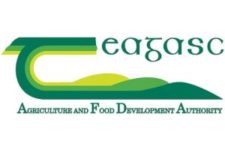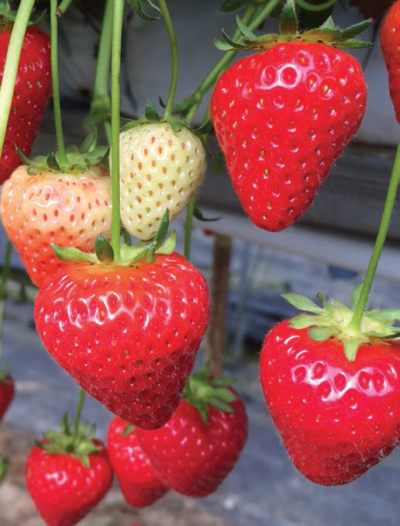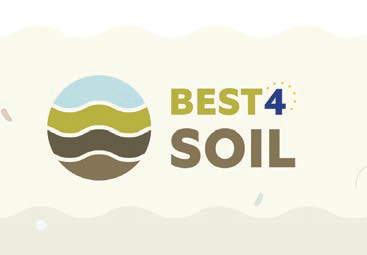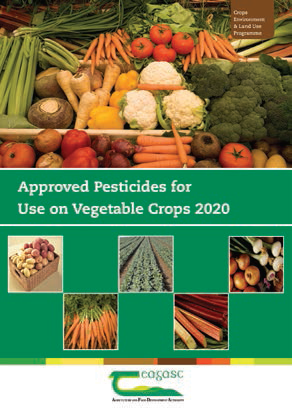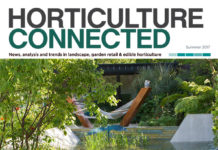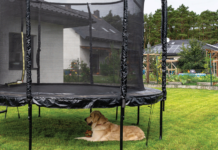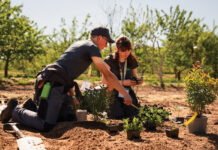‘MALLING CENTENARY’ STRAWBERRY FARM WALK
Teagasc research has shown that an excellent yield of over 1.2 kg per plant was obtained over two growing seasons. The main disadvantage of overwintering the variety in a closed structure is an increased risk of ‘grey mould’ (Botrytis) disease. As a result, it suits most growers with heated glasshouses to force the crop over one season and not to take on this disease risk. Teagasc established a trial crop in December 2019. It will be forced over one season and is expected to give a yield of 1.2 kg per plant or more. Harvest will take place between late March and August. The results of the most recent 60-day trial will also be discussed on the farm walk. One of the main goals of this trial was to assess the effects of planting dates on the subsequent yield of the crop. The highest yield obtained was 277g per plant. This yield was 32% higher by planting the variety earlier (June 18 versus July 2 planting). In this regard, ‘Elsanta’ planting is more flexible but with Malling Centenary you cannot afford to do this. The event is free to attend and all are welcome. ✽ |
BEST4SOIL WEBSITE LAUNCH
This information is available as a series of videos and factsheets through the project website www.best4soil.eu. A cornerstone of this work is the development of web-based databases to assist growers in planning crop rotations. The databases, available on the website, will highlight the potential soil-borne disease and pathogenic nematode issues which may pose a risk to the crop from previous crops. The system, based on data from published literature will estimate the degree of risk, and will also offer some potential mitigation strategies the grower can adopt, if feasible. The overall goal of the Best4Soil project is to promote soil health through the adoption of best practices. Visit the website if interested in registering for further project updates. ✽ |
APPROVED PESTICIDES FOR VEGETABLE CROPS 2020
The pesticide scene is one that is constantly changing and growers need to be vigilant to stay within the guidelines. While products come and go, growers need to also be aware of changes to PCS numbers or where crops are dropped from label recommendations. One notable feature of the 2020 edition is the increase in the number of biologically-based pesticides, for example, Amylo-X, Sonata and AQ 10. While they are not as powerful, they are a credible alternative to chemical pesticides, which grow fewer in number with each passing year. Following EU guidance, growers will see the revocation of thiacloprid later this year. The plant protection products Biscaya and Calypso both contain this active ingredient and are effective against a range of pests, especially aphids. Brassica growers will be particularly hard hit for aphid control as Aphox, Cruiser and Plenum have also been lost from the toolbox in recent years. ✽ |
NEW APPOINTMENT
Lael joins Teagasc Horticulture Development Department from Lancaster University, having recently been researching and evaluating urban food production in the UK. Lael previously worked in a wide range of areas including pesticide resistance in aphids. ✽ |
PLASTIC REVOLUTIONConsumer scrutiny of packaging in retail is making an impact within the horticulture sector. All aspects of horticulture are coming under pressure to reduce plastic use. Producers are being required by multiples to take action on the packaging type being used or eliminate it altogether; for example, Polystyrene (PS) which is a familiar lighter black plastic is being phased out by some multiples. The recent ornamental plant trade show at IPM Essen had many solutions. Closed material loop using recycled post-consumer waste (PCW) is increasingly available from plastic suppliers. Polypropylene (PP) in popular colours grey, taupe, blue and terracotta are near-infrared detectable and were on display from many pot manufacturers. Clear green PET trays are being adopted by some Irish bedding plant growers. A novel idea demonstrated at IPM was swapping out plastic pots at point of sale for cardboard flat pack square or round pots. The Irish Waste Management Association advises that non-black pots/trays can be more easily sorted than traditional black plastic. Compostable pots are available, but at a premium and their carbon footprint is unclear. While the recycling of appropriate material is possible, there have been many mainstream media reports that considerable amounts of our plastic waste are still being exported to the Far East. Much of it is not dealt with responsibly and causes serious pollution. Reducing the amount of packaging used is likely to be more effective than making it more recyclable. ✽ |
GRANTS OVERVIEWThe DAFM Scheme of Investment Aid for the Development of the Commercial Horticulture Sector closed on January 17. Teagasc advisers were busy across the December to January period supporting the application process, completing over 150 applications with client growers. The scheme of support for capital investment sees keen interest every year from horticultural businesses, this year was no exception. Many growers are responding to updates in plant health legislation, with applications for new labelling systems and equipment being popular. Labour shortages continue to focus attention with investments in automation across all sectors. As is always the case, there are significant projects being undertaken in developing more production infrastructure. According to DAFM, it is anticipated that approvals will issue mid- to late March. ✽ |


